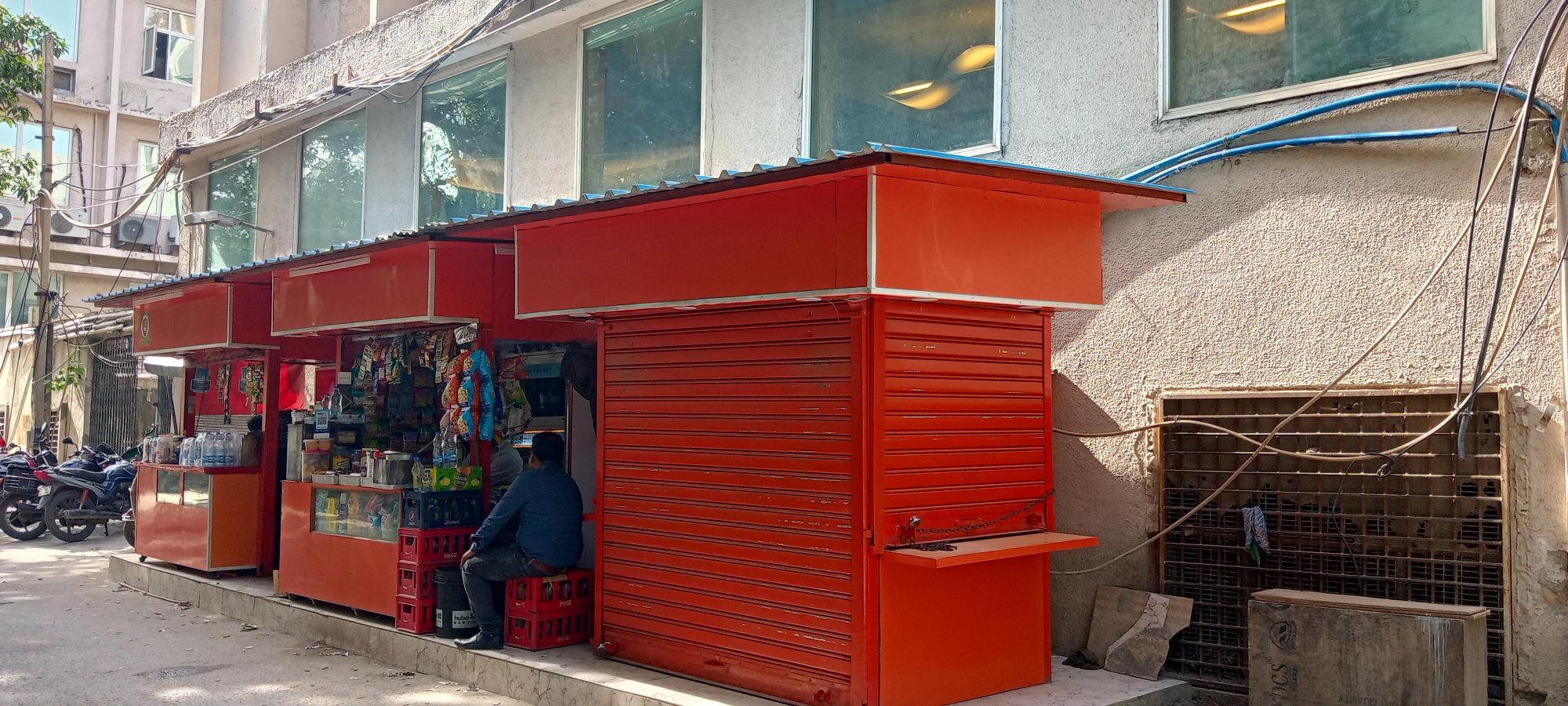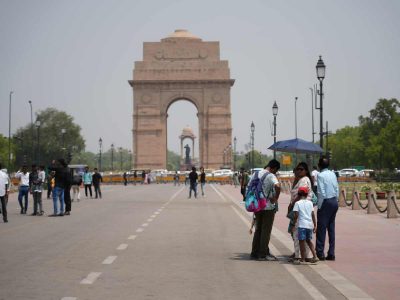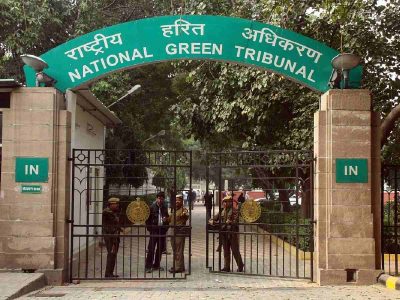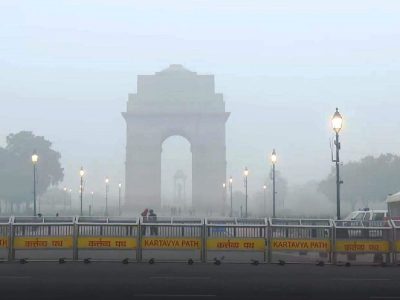The Union and Delhi governments have all hands on the deck to bring sheen to the national capital ahead of the G20 Summit.
Scheduled on September 9 and 10 at ‘Bharat Mandappam’ in Pragati Maidan, G20 will see its member nations engaging in discussions about diverse economic reforms.
For the peaceful conduct of affairs during the period, public holiday has been declared from September 8-10 and a complete shutdown of markets in the VIP New Delhi area, causing worry to small and big businesses.
Alongside the impending losses, the cost of renovation of roadside shops in the run up to the G20 Summit has added to the woes of small businesses.
The Group of Twenty (G20) comprises 19 countries (Argentina, Australia, Brazil, Canada, China, France, Germany, India, Indonesia, Italy, Japan, Republic of Korea, Mexico, Russia, Saudi Arabia, South Africa, Türkiye, United Kingdom and United States) and the European Union. The G20 members represent around 85% of the global GDP, over 75% of the global trade, and about two-thirds of the world’s population.
Figures in Crores
Khan Market and Connaught Place, two significant commercial areas in New Delhi, are expecting losses in crores for the three-day shutdown in operations.
On a regular basis, Khan Market sees business of over three crores.
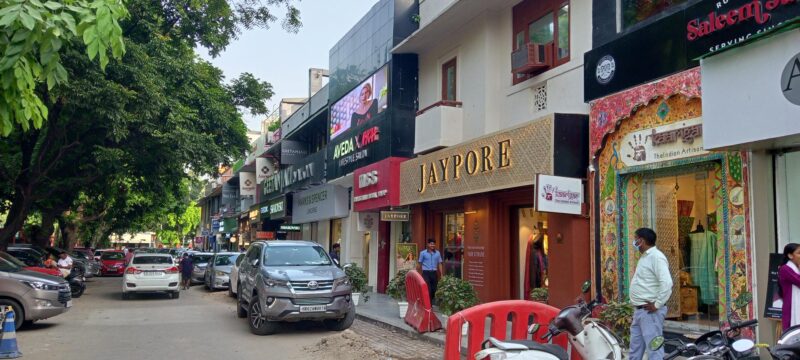
“So, you can deduce well that it’s going to be a loss of Rs 10 crores of business. Now, when we say business on a regular basis, we don’t mean profit but just the sale,” said Sanjiv Mehra, chairman of Khan Market Traders’ Association, who runs Allied Stores in the market, which is listed among the world’s priciest commercial real estate locations. Until a week ago, the traders’ body strongly believed that markets should remain open because “this would have been a great opportunity for us to welcome foreign guests in our own ways”.
Mehra elaborated, “Khan Market is iconic! Everyone knows it by name. We have the top designers, and delicacies from around the globe and that would have drawn the attention of our foreign guests. The market was preparing for a sales boom and was arranging products that would have been of interest to each of the member countries.”
“We were considering an inflow of profit because we know that Indian garments, jewellery, food and antiques are of great interest outside the country, especially in the West. Besides, word-of-mouth also counts in business. Tourists and delegates who are visiting Delhi would have gone back and spread the word about us (Khan Market), but I guess, not anymore!”
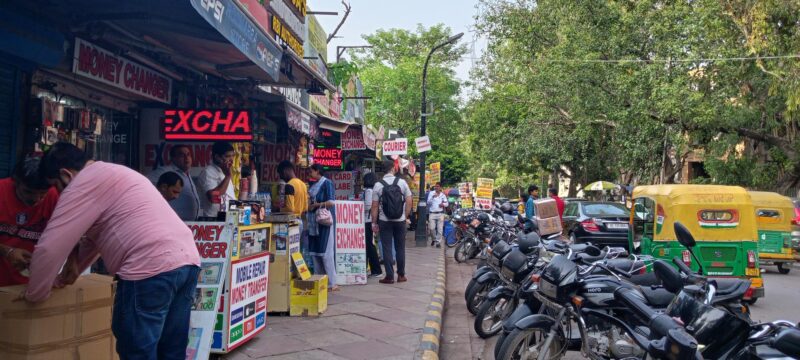
Mehra’s father, a refugee from Lahore, was allotted shop 10-B in 1950 and ran Elite Departmental Store, which the family turned into a toy and party needs store in 1975. The traders’ body has now decided to abide by the government’s decision to keep the markets shut and not push for otherwise to “save the nation’s integrity”.
“We do not want any untoward incident that would hurt the country’s image. So, for security reasons we have now decided not to insist on opening the markets. We will be happy if the government withdraws its decision, but we don’t want to push for it,” he said.
“Besides, we realise that this entire VVIP zone will be shut for traffic and there will be strict restrictions, limiting movement of even our tourists. Therefore, how much profit will we even make in any way? But I think the government should have informed us about shutting the markets at least six months ago and not at the last moment. But, it is fine now,” he added.
G20 plays an important role in shaping and strengthening global architecture and governance on all major international economic issues.
Cost in lakhs
This year in April, officials from the Municipal Corporation of Delhi ordered Ankul Lal to revamp his stall, where he sells tea and snacks for office goers in the Raisina Hill- Central Secretariat area, as part of the city’s beautification initiative.
“They just came to my shop and ordered me to redo my tiny stall, without any help. I had to spend close to Rs 1 lakh on reconstructing it with proper paints and structure. We were given a design from the MCD and also a choice of paint that we had to follow. In fact, everybody on this side of the road had to do the same,” he said.
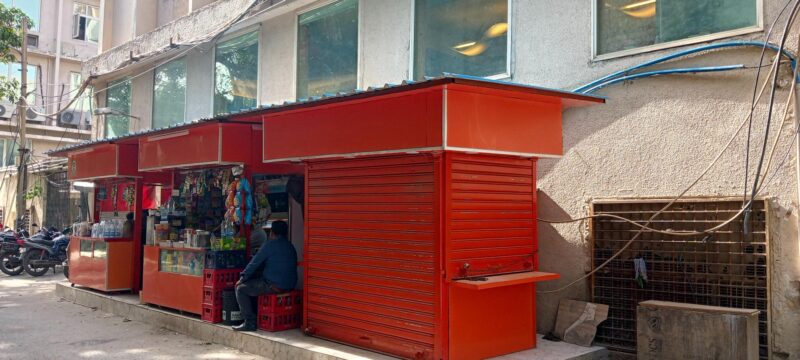
Hailing from Bihar’s Samastipur, Lal has been living alone in Delhi for the past 10 years and earning a livelihood for his family, which is back in his village.
“I had to take the money out from my savings, which is already scant. We usually keep the savings for family’s health contingencies and not doing such luxury work because it has no return. As such, the renovation of my shop did not have any bearing on my income. It was a pointless expenditure for me. And now they want us to stop running our shops for three days,” sighed the 34-year-old.
Around three kilometres from Lal’s shop, Madan Beriya had a similar story to tell. The 46-year-old had been saving for his son’s higher education, which included expenditure on a few electronic gadgets and his hostel fees.
“The order came all of a sudden. At least, the administration should have helped us with something. How is it fair to expect us to spend so much money on our own. I had to shell out Rs 1.5 lakh and most of it was from the savings that I was planning to spend on my child’s education. It’s not like it dealt a blow, but yes, it is now a struggle for the whole family to gather the same amount again,” Madan Beriya said.
“Even our children have a future and we want them to get the best education and work hard for a life that we did not have — just like every parent. In today’s time, everything is digital, even education.He needed a laptop, but now he has to wait for at least another year till I can buy him one. For now, we have somehow managed to pay his college admission fees and other expenses around it,” he said.
Meanwhile, Ekjot Singh, who runs a food business near the ITO metro station, says that sales have reduced by 50% since the third week of August as all the shops have been instructed to not allow any kind of crowding.
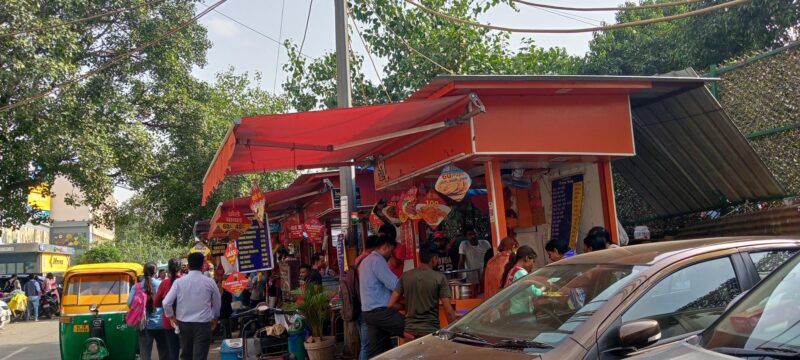
“We have been asked not to allow anyone to sit in front of our shops or set up chairs and tables. So, how are we supposed to serve our customers? We usually sell breakfast, lunch and dinner to at least 150-200 people daily. Now, it’s hardly 50. We understand that it’s a huge event for us, but there should have been a way to avoid these losses. We have to pay our workers, we cannot deny them wages just because we are not able to operate for three days. So, it’s just losses after losses,” he said.
Almost all the local roadside shops have shared the same stories and said that orders of renovation started coming in around November last year. Now, they have been asked to shut their businesses from September 7 to 10 as foreign delegates will be travelling around the area.
On the other hand, many roadside vendors expressed dejection towards closing down of business, but at the same time, they dubbed it as an “opportunity to go home for a few days”.
“We cannot fight the government. It’s true that three-four days means a lot for us. Having said that, we can use that time to go back to our families and be at home for a bit because we are usually here in Delhi for almost eight months in one go and visit our village once a year unless there is an event,” said Sudhir, a jeans seller at Palika Bazar in CP.

